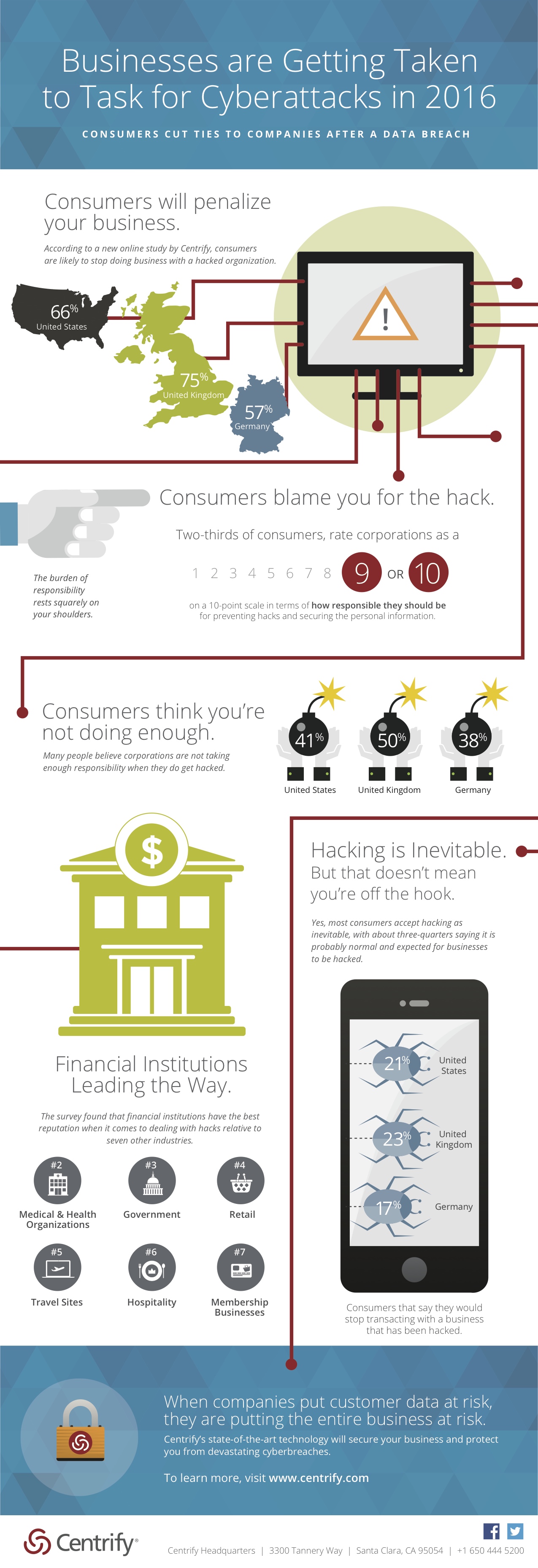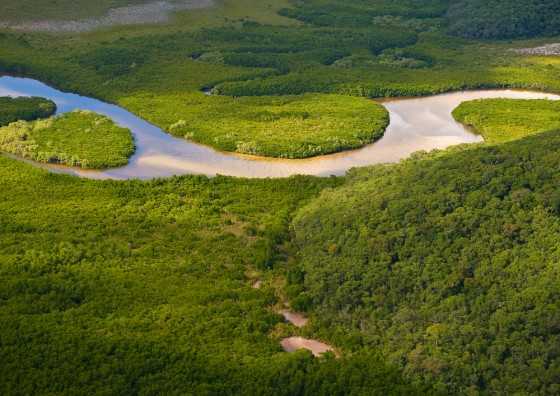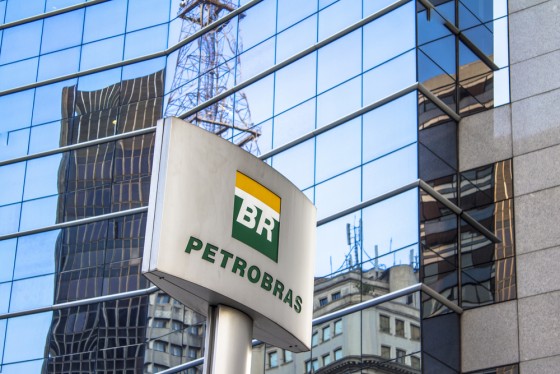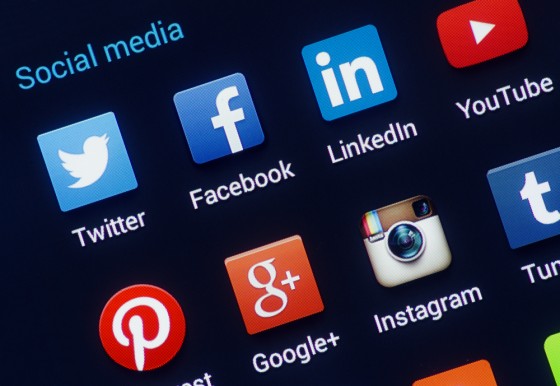While most consumers are coming to consider hacking normal, they are definitely far from letting businesses off the hook for their failures to guard against cyberthreats. According to a new study from enterprise security firm Centrify, about three quarters of adults say it is probably or definitely normal and expected for businesses and large organizations to be hacked, and 66% of adults in the U.S. are at least somewhat likely to stop doing business with a company that has suffered a cyberbreach – a figure that rises to 75% in the U.K.
Consumers also firmly believe that the burden of responsibility for guarding against cyberrisk falls squarely on businesses. On a 10-point scale, two thirds of respondents rated corporations as a nine or 10 in terms of how responsible they should be for preventing hacks and securing customers’ personal information. When companies are hacked, they consequently also bear the burden of being fully accountable to their customers, and many are failing, further compounding the odds of concrete consequences from clients. In the U.S., 41% said that corporations do not take enough responsibility when they are hacked, a sentiment shared by 50% of U.K. respondents.
The study found that 21% of U.S. consumers say they are “very likely” to stop doing business with a company that has been hacked. Those most likely to do so include those who have had their personal information compromised in a hack, those who are tech savvy, and those who are frequent online shoppers.
“The study clearly points to the need for organizations to dramatically bolster their security systems and do everything in their power to protect consumer information and prevent a breach,” said Tom Kemp, CEO of Centrify. “When companies put customer data at risk they are really putting their entire business at risk. Consumers simply will not tolerate doing business with hacked organizations. It’s time for organizations to take full responsibility for their security and put the proper measures in place once and for all.”
Check out some of the study’s findings in the infographic below:


 NEW YORK—Hurricane Irene and Superstorm Sandy had devastating impacts on the northeast coastline, debilitating parts of New York and New Jersey. While also in the path of the storms, Delaware saw minimal impact, which the state’s former head of natural resources and environmental control, Colin O’Mara, attributed to its conservation efforts.
NEW YORK—Hurricane Irene and Superstorm Sandy had devastating impacts on the northeast coastline, debilitating parts of New York and New Jersey. While also in the path of the storms, Delaware saw minimal impact, which the state’s former head of natural resources and environmental control, Colin O’Mara, attributed to its conservation efforts. Last month, we focused on Mexico and specifically the state-owned oil company Pemex as a risk for companies selling or investing into Latin America. We saw that Pemex represents a drag on Mexican fiscal accounts and is imposing losses on suppliers and investors. This month, we turn our gaze to Brazil: it is similar to Mexico in that it has a dominant, politically charged state-owned oil company, but different because the scale of the crisis is much more severe, as are the risks to suppliers and investors.
Last month, we focused on Mexico and specifically the state-owned oil company Pemex as a risk for companies selling or investing into Latin America. We saw that Pemex represents a drag on Mexican fiscal accounts and is imposing losses on suppliers and investors. This month, we turn our gaze to Brazil: it is similar to Mexico in that it has a dominant, politically charged state-owned oil company, but different because the scale of the crisis is much more severe, as are the risks to suppliers and investors. It takes one second to send a Tweet or Instagram post onto the internet for all to see. But for companies active on social media, the legal ramifications of those 140 characters or that one photo can last a whole lot longer.
It takes one second to send a Tweet or Instagram post onto the internet for all to see. But for companies active on social media, the legal ramifications of those 140 characters or that one photo can last a whole lot longer.